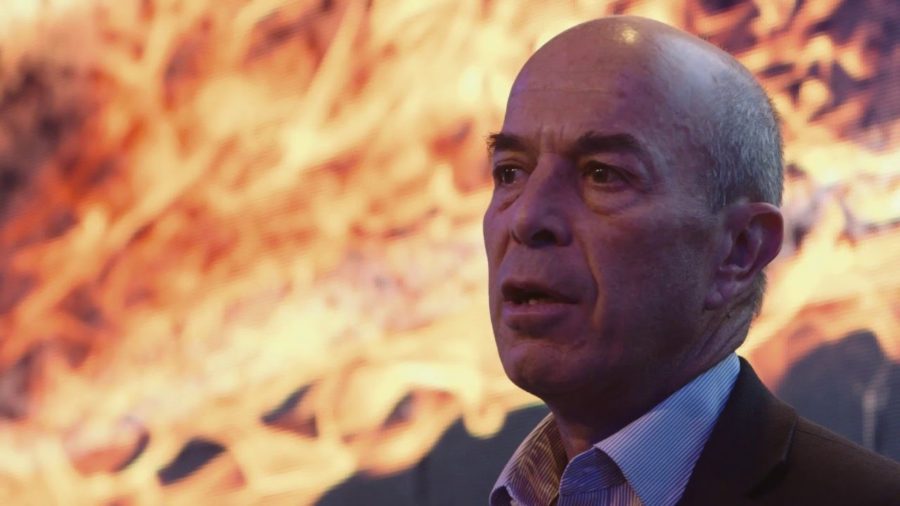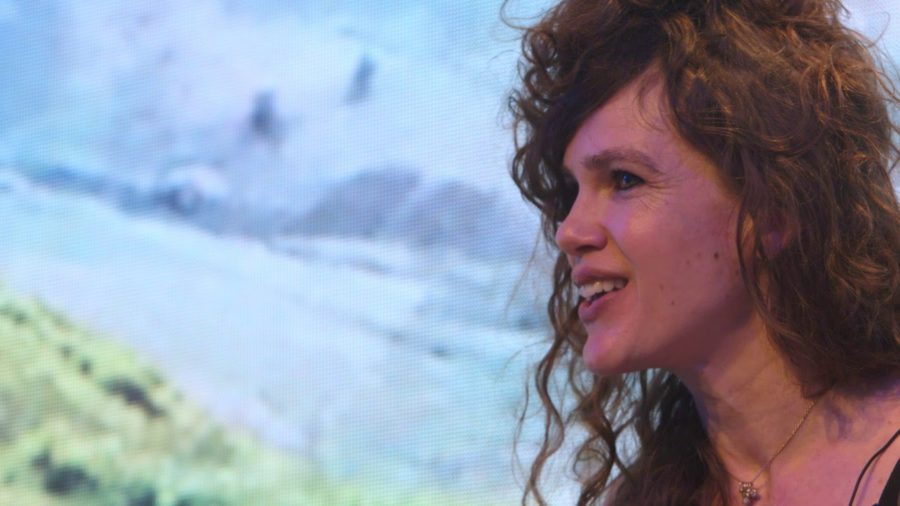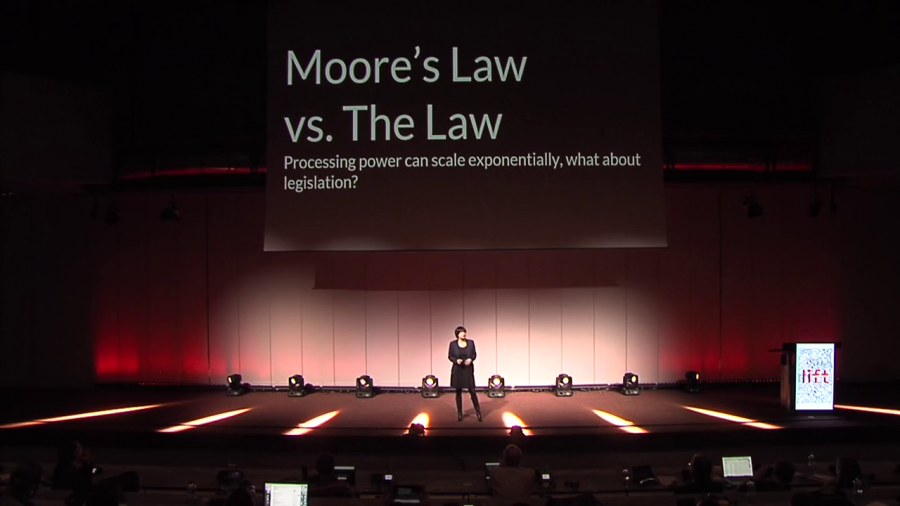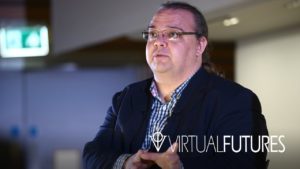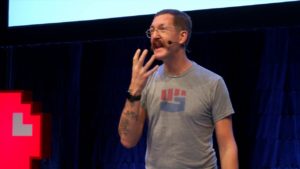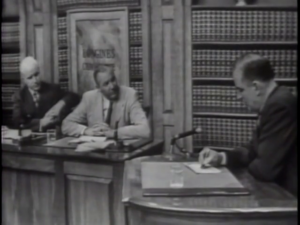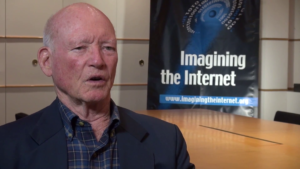Any time that you lessen levels of disparity you’re going to have more progress. And you can’t look at it as an own individual term. Progress in your own life, progress in technology. But I believe that you have to look at progress through the connection of everything. That’s what sustainability is really about. It’s about the relationship of our economy, of social justice, the quality of life of people, and then the last part is the environment.
Virtual Futures Salon: Beyond Bitcoin, with Vinay Gupta
presented by Luke Robert Mason, Vinay Gupta
Blockchain is in that space where we still have to explain it, because most of the people have gone from not having it around to having it around. But for kind of the folks that are your age or a little younger it's kind of always been there, at which point it doesn’t really need to be explained. It does however need to be contextualized. Read more →

